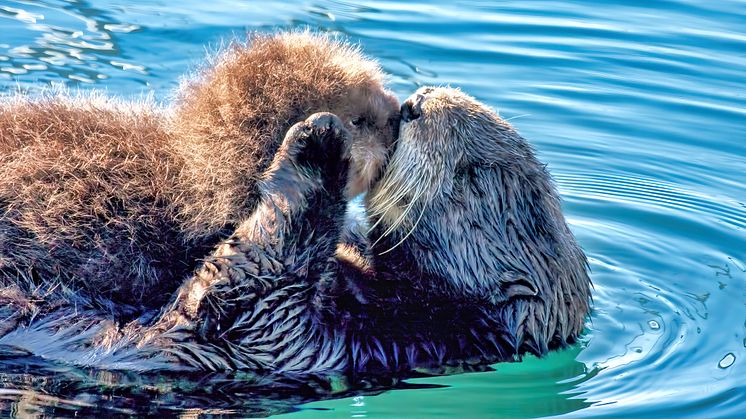
News -
New study reveals microplastics can carry pathogen threatening human and wildlife health
Stockholm, Sweden, June 5, 2022 --As the world celebrates World Environment Day, a study from the University of California, Davis, reveals that microplastics can carry land-based pathogens to the oceans, posing a threat to the health of humans and wildlife alike. Bluewater, a world-leading innovator of water purification solutions designed to end the need for single-use plastic bottles, said the study's findings highlighted the need to celebrate, protect and restore our planet.
A UC Davis press release said the study by a team of its university researchers had indicated that, by hitchhiking on microplastics, pathogens can disperse throughout the ocean, reaching places a land parasite wouldn't be found usually.
The study, published in the Scientific Reports journal, is the first to connect microplastics in the ocean with land-based pathogens.

"The study provides even more evidence of the threats posed by tiny microplastic particles smaller than 5 millimeters, which are literally everywhere, in the air we breathe, the food we eat, and the water we drink." said Swedish environmental entrepreneur Bengt Rittri, founder and CEO of Bluewater (Photo above). He noted how a study by OrbMedia had found microplastics in bottled drinking water after testing more than 250 bottles from 11 brands.
The research team at UC Davis conducted laboratory experiments to test whether the selected pathogens can associate with plastics in seawater. They used two different types of microplastics: polyethylene microbeads and polyester microfibers. Microbeads are often found in cosmetics, such as exfoliants and cleansers, while microfibers are in clothing and fishing nets.
They found that microplastics can make it easier for disease-causing pathogens such as Toxoplasma gondii, Cryptosporidium(Crypto), and Giardia to concentrate in plastic-contaminated areas of the ocean.
T. gondii is a parasite found only in cat feces, which has infected many ocean species with the disease toxoplasmosis, connected to the deaths of sea otters and other critically endangered wildlife, including Hector's dolphins and Hawaiian monk seals. In people, toxoplasmosis can cause lifelong illnesses, as well as developmental and reproductive disorders.
Notes for editors
Founded in 1908, UC Davis is a tier-one research university. Discoveries made by its students and faculty continue to improve people's lives in California and around the world. The study was funded by the Ocean Protection Council and California Sea Grant program, with student financial support provided by the UC Davis School of Veterinary Medicine Students Training in Advanced Research, or STAR, program.
World Environment Day is an annual event celebrated on June 5 to encourage environmental action and protection. First held in 1974, over the years, World Environment Day has grown into a broad, global platform for public outreach that is widely celebrated by participants in over 100 countries. The theme for 2022 is #OnlyOneEarth.
For more information, please contact David Noble, Bluewater PR and communications director, at +447785 303694 or david.noble@bluewatergroup.com.


